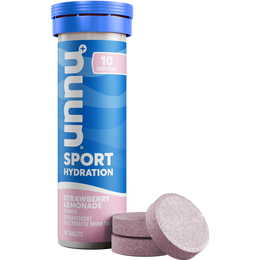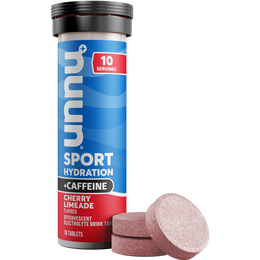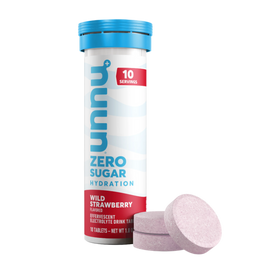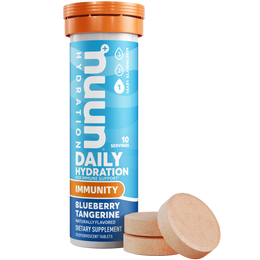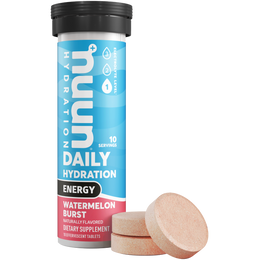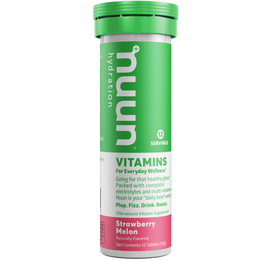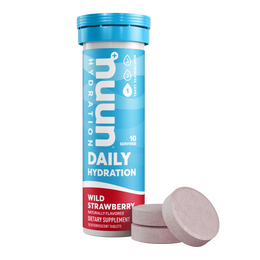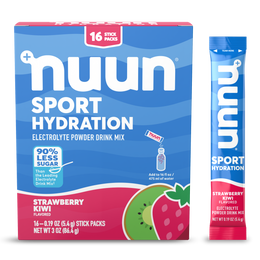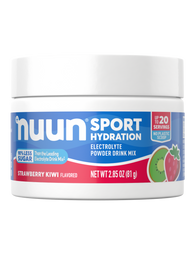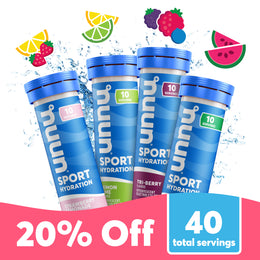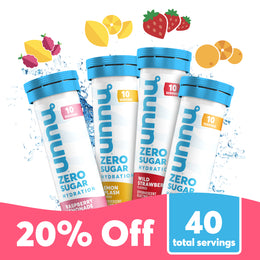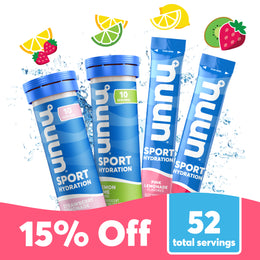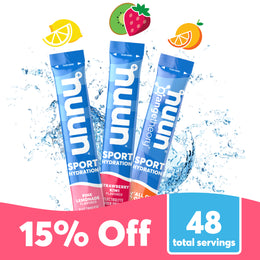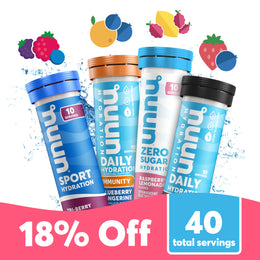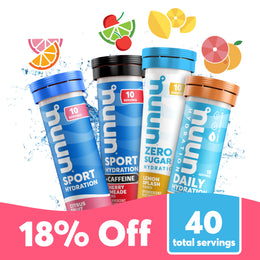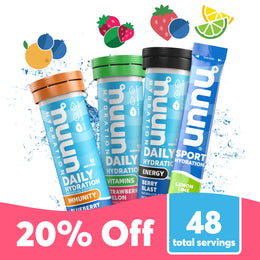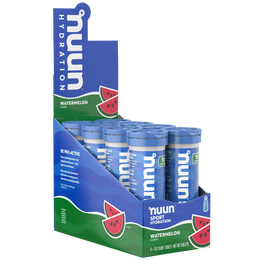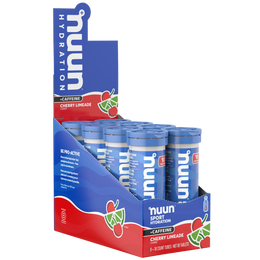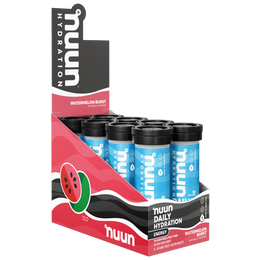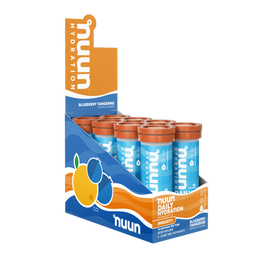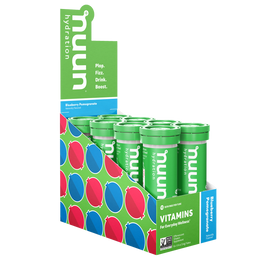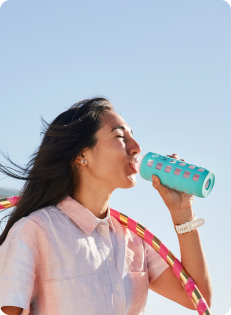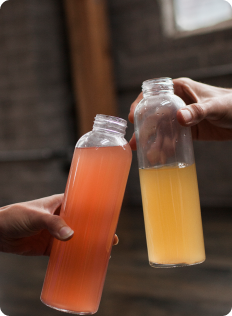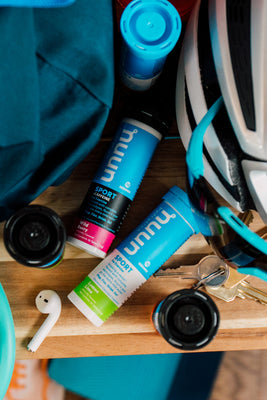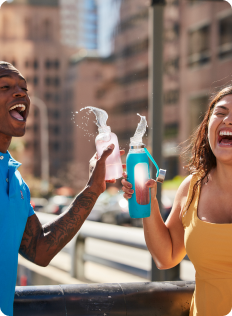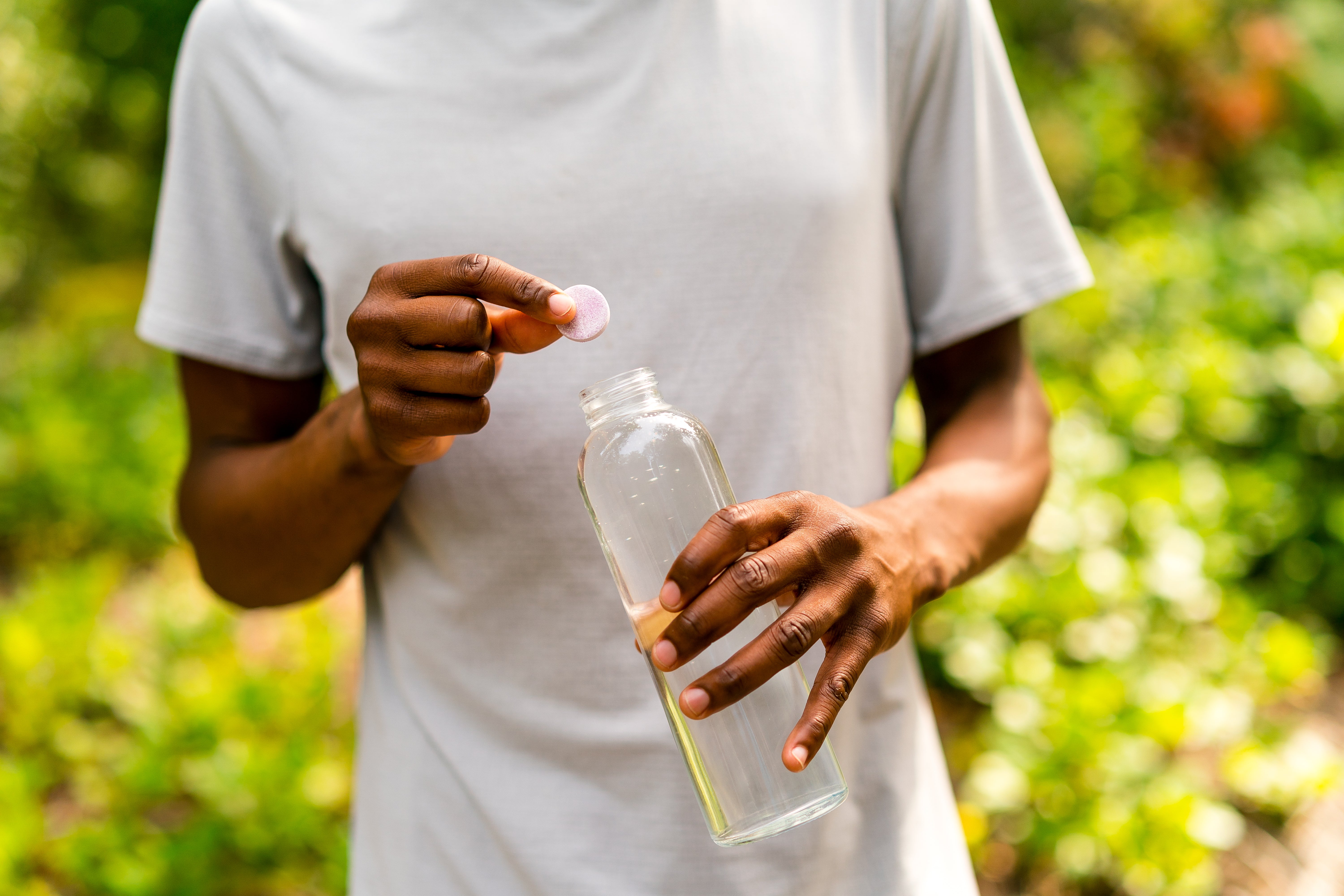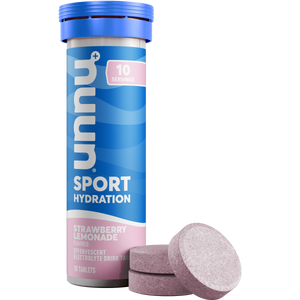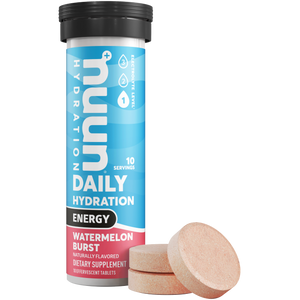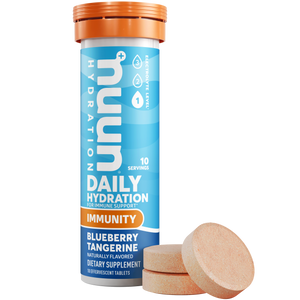Sugars in Sports Drinks
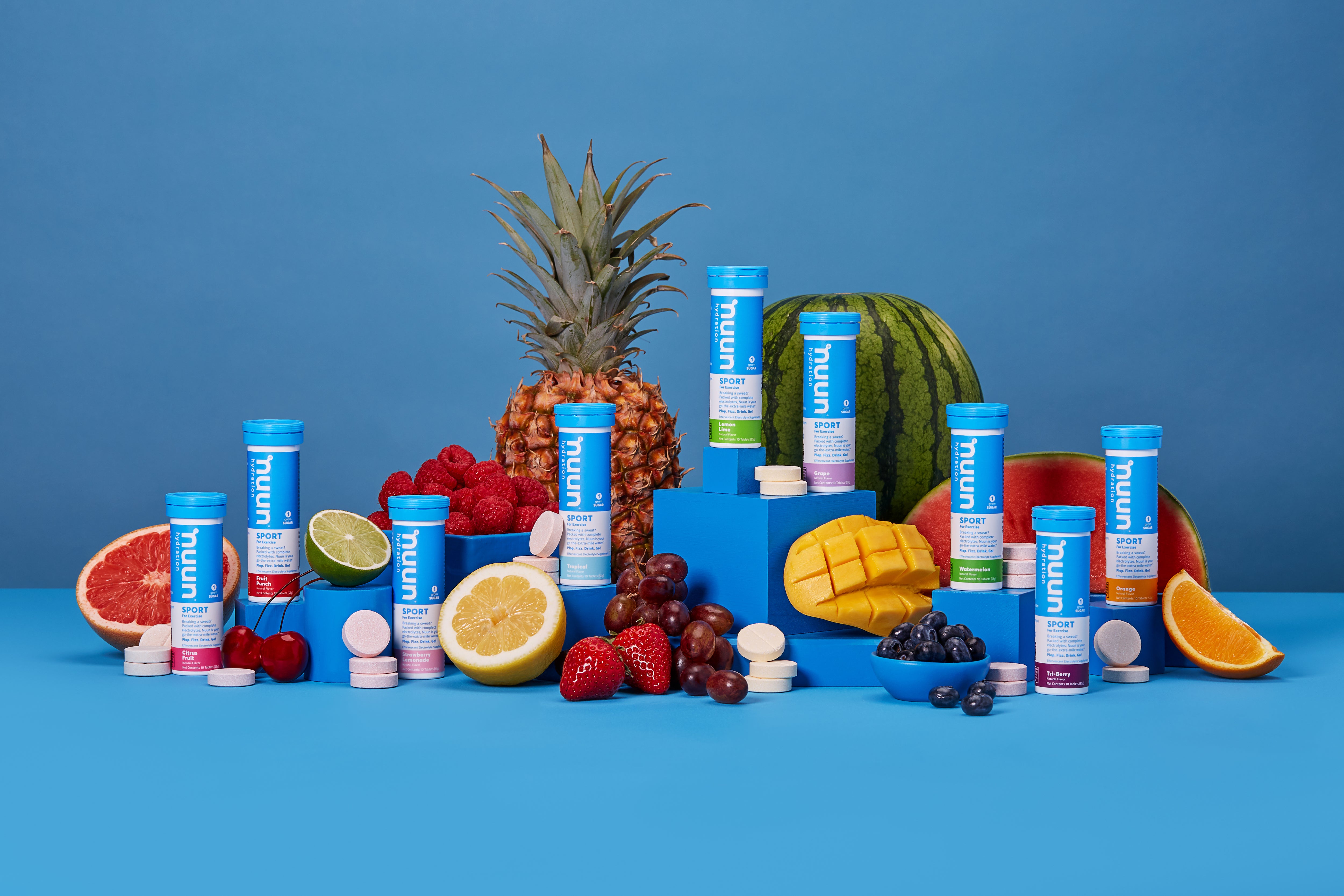
By Vishal Patel,
Nuun Chief Nutritionist
It is no secret that our society has an issue with over-consuming sugar-sweetened beverages, and an overall over-consumption of added sugars. To aid consumers in making healthy choices, the FDA has issued some new rules to help you identify which products contain added sugars. These are sugars that are present in products but are not naturally occurring (for example: fruit has a high amount of natural sugar in the form of fructose; therefore, it would not be categorized as containing added sugars). These new rules include a line in the nutritional/supplemental facts panel that highlight added sugars making it easier for you to identify which products have high amounts of sugars.
Most of the conventional ready-to-drink sports drink options are loaded with added sugars that your body simply doesn't need. Because science has proven over the course of many years that sugar does play a role in fluid and nutrient absorption during exercise, this has led to the low-carb sport drink movement or what I like to call New Age Hydration. Through ongoing research, the amount of fluid to carb to electrolytes has been refined to help maximize the benefits that sport drinks have on your body during exercise. Even the exact ratio of certain types of carbohydrates to fluids have been studied to show what works best for an athlete.
What roles do sugars play in sport drinks?
When exercising, your body is constantly losing fluid via sweat and respiration. It is crucial to replace those fluids and electrolytes during exercise to ensure your muscles will function properly. Sugars help bind to electrolytes (sodium in particular) and water to help deliver water and nutrients to your muscles, faster.
How much sugar do I need in my sport drink?
That answer depends on the duration and intensity of your workout.
When exercising under 90 minutes, you only need a small amount of carbohydrates/sugar (about 1-2 grams in the form of dextrose or glucose) to help ensure that the fluid and electrolytes you are consuming will be absorbed. Nuun Sport is formulated with this hydration-maximizing ratio.
When running or cycling for over 90 minutes, or when the intensity of your workout is higher than average, a different physiological process in your body requires additional carbohydrates to ensure what you are consuming is being absorbed. For these longer/intense workouts, you want roughly 3 grams of carbohydrates per 100ml of fluid in your sport drink. That will ensure the carbohydrate concentration stays within 3%, which research has shown can help maximize fluid and nutrient delivery (and absorption). Nuun Endurance is formulated for this exact use.
What type of sugars do you want in sport drinks?
Research has shown that the body requires a combination of simple sugars to help maximize the rate of gastric emptying (the rate fluid goes from your stomach to your small intestine to be absorbed). The types of sugar play a key role in this process. Using a blend of dextrose and sucrose will help your body tap into multiple avenues of fluid and nutrient delivery. More complex molecules like maltodextrin can pull water away from where it needs to go, delaying the rate of gastric emptying, and in some cases, causing some gastrointestinal (GI) distress.
What happens when there is too much sugar in my sport drink?
Excess sugar in your sports drink can lead to many complications, including gastrointestinal (GI) distress, decreased exercise performance, decreased muscle function, cramping, etc. When the carbohydrate concentration is too high (above 4% or 4g per 100ml of fluid), your body needs to work harder to try to pull the fluid and nutrients to your small intestine where it can be absorbed. At a high concentration, often the body can't absorb everything you consume, which can cause GI issues.
Nuun Sport contains a small amount of carbohydrates (in the form of dextrose) to help ensure you will absorb the fluid and electrolytes during shorter, lower intensity activities. For longer, higher intensity activities, Nuun Endurance provides some carbohydrates to help you get within that 3-4% carbohydrate range idea for endurance activities.
